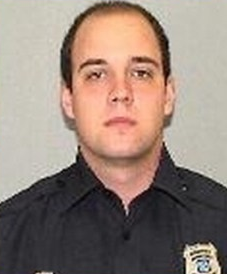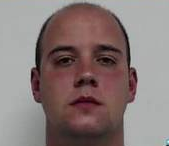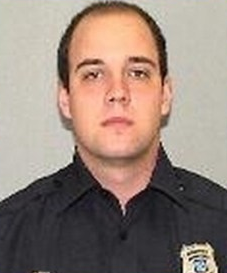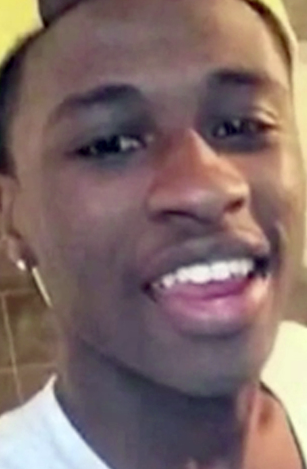
Connor Schilling
Connor Schilling, the Memphis Police officer who shot and killed 19-year-old Darrius Stewart last summer during a traffic stop, has been granted a “line of duty retirement” by the city of Memphis pension board.
In November, a Shelby County Grand Jury declined to indict Schilling despite a recommendation by Shelby County District Attorney Amy Weirich to indict the officer for voluntary manslaughter and employment of a firearm during the commission of a dangerous felony. Shortly after the July 17th shooting, the Tennessee Bureau of Investigation (TBI) took up the case. They delivered their report to Weirich’s office last August, and the grand jury decision came down a few months later.
To take advantage of a line of duty retirement, a city employee must have two independent doctors verify the employee is disabled emotionally or physically. Schilling, who served on the force for nearly four years, will receive a pension of $1,138.19 twice each month. His retirement is effective April 1st.
“This retirement was granted by the pension board, because it is required under the city’s pension laws based on the recommendation of two doctors,” said the city’s chief legal officer Bruce McMullen. “Because Connor Schilling was under a doctor’s care, his administrative hearing with the Memphis Police Department was temporarily deferred. His retirement means the hearing cannot continue.”
Schilling was awaiting a Memphis Police Department (MPD) administrative hearing for violating handcuffing and radio procedures in the Stewart incident at the time of his retirement. At a press conference Thursday afternoon, MPD interim director Michael Rallings said the department was still reviewing the 800-page TBI file, in preparation for the hearing, when Schilling announced his retirement. Had the hearing occurred, Rallings said Schilling could have been facing punishment ranging from a written reprimand to termination.
Stewart was shot on July 17th by Schilling after the car Stewart was a passenger in was pulled over for having a headlight out. Stewart was detained in the back of a squad car after the traffic stop while Schilling checked for warrants. When Schilling discovered Stewart had two outstanding warrants in Illinois and Iowa, he opened the squad car door to place handcuffs on Stewart. Schilling said Stewart then attacked him and struck him with the handcuffs. During the struggle, Schilling fired at Stewart. Stewart died from two gunshot wounds, according to the Shelby County Medical Examiner’s report.
Rallings said that he believed Stewart’s family was preparing for a civil lawsuit.
He said that, after the shooting, he personally went to Stewart’s mother’s home to offer her any help the MPD could give.
“We have been praying for that family since that incident happened,” Rallings said. “I have no idea what it’s like to be Darrius Stewart’s mother, but I know what it’s like to be hurt and experience death first-hand.”








